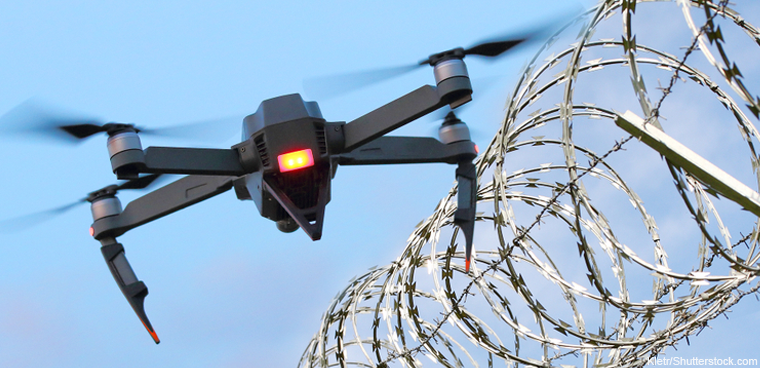FAA cracks down on rogue drones
The Federal Aviation Administration is taking a hard line with drone operators whose aircraft enter disaster areas and other prohibited airspace.

The Federal Aviation Administration is no longer Mr. Nice Guy when it comes to keeping unauthorized drones away from disaster areas.
The agency put unmanned aerial system pilots on notice that they likely face stiff civil penalties and consequences if their aircraft stray, or are directed into, areas where they can potentially interfere with emergency responders or law enforcement actions.
The FAA said its default for aircraft in danger zones is now "enforcement action" rather than the usual explanation of rules and tutorials the agency's personnel have at their disposal in less dangerous situations.
In a Sept. 28 statement, the agency said it was acting on the authorities granted by Congress in 2016 to impose fines of up to $22,000 on any UAS pilot "who operates a drone and deliberately or recklessly interferes with wildfire suppression, law enforcement, or emergency response efforts."
An FAA spokesman told FCW the notice was based on guidance issued by the agency in August advising its inspectors to come down particularly hard on drone pilots whose aircraft get in the way in situations and areas where lives are at stake.
Generally, the guidance advises inspectors to use friendlier tactics, exercising "non-enforcement methods, including education, for correcting unintentional violations" where operators have made inadvertent mistakes, have a system that operates erratically or misunderstand basic rules.
However, those soft tactics should give way immediately to the more muscular financial punishment when violations involve "potentially life-saving operations where minutes matter," it said. In those cases, "offenders will immediately be considered for enforcement actions," the notice said.
Those instances are typically reported to the FAA by first responders in the area on a case-by-case basis, the agency spokesman told FCW.
To impose penalties, the FAA needs evidence tying the drone to the pilot and its operation, he said, including witness statements or video of the drone.
NEXT STORY: FCW Insider: Oct. 1





